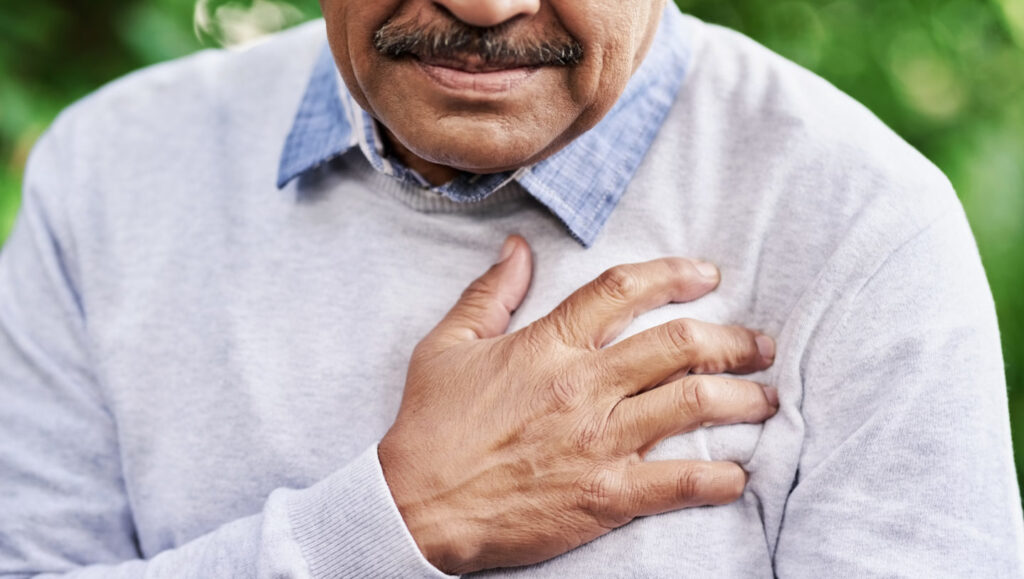
While seniors are adopting technology at a greater rate than ever before, surprisingly few adults with heart disease are using new tech tools to monitor their health, a new study finds.
Three-quarters of seniors have some form of cardiovascular disease, and the ability to monitor symptoms or maintain physical wellbeing is crucial.
“The lower use of smart devices among older and low-income individuals, who are at higher risk of adverse cardiovascular outcomes, requires that digital health interventions are designed so as not to exacerbate existing disparities,” researchers state.
Less than half of adults who either have heart disease or are at-risk to develop conditions use a smartphone or tablet app for health-tracking purposes, the research claims.
Among seniors, those numbers are even lower — roughly around 10% to 15% — although the study did find that among those over age 65, individuals with heart disease were slightly more likely to use a smart device.
Earlier in the year, the same research team found that less than a quarter of adults with heart disease use wearable devices like smart watches.
Health apps on smartphones range from fitness tracks that count steps to new healthcare tools that use artificial intelligence and can identify and predict heart disease or potential emergencies. Data collected from the latter is not important for just patients’ knowledge but also for caregivers and clinicians.
The research, published by a Yale University-led team in Journal of the American College of Cardiology: Advances, looked at 16,000 participants over a four-year period.
In part due to both perceived and real gaps in tech literacy, care facilities are beginning to introduce more training and classes for residents, although their focus is broader than just smart phone apps.

